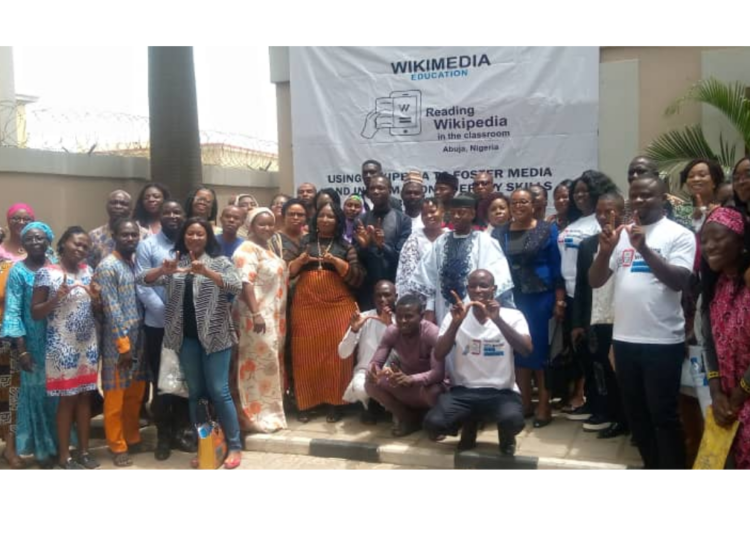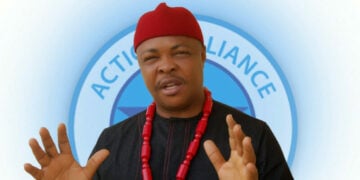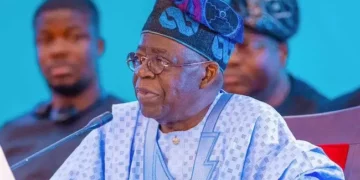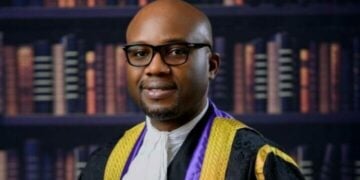Wikimedia Foundation in partnership with UNESCO has trained 70 teachers on her flagship educational programme “Reading Wikipedia in the Classroom” for teachers in FCT.
In order to improve quality education across the country, the Wikimedia Foundation in partnership with UNESCO, FCT Education Resources Centre, Teachers Registration Council of Nigeria (TRCN) and Non-Governmental Association of Literacy Support Service (NOLGASS) has trained 70 teachers drawn from public and private schools in Federal Capital Territory (FCT) and Nasarawa State.
This was disclosed in Abuja at the graduation of a group of teachers who have shown commitment, resilience and met the requirement of the Reading Wikipedia in the Classroom programme, a flagship professional teachers’ training programme that fosters media and information literacy skills, digital skills to make them deliver effective 21st century education in the classroom.
The programme was implemented by a team of certified trainers of the Education Team of the Wikimedia Foundation in Nigeria, Mr Clement Dike, Ismail Atiba and Obiageli Ezeilo. The teachers were trained on effective usage of Wikipedia as a teaching and learning tool, research and retrieval skills, content creation, and evaluation of information.
Wikimedia Foundation goodwill message, delivered by Ms Melissa Guadalupe Huertas, Senior Programme Officer, Education, who joined via zoom advised the graduating teachers to use the knowledge they acquired from the programme to improve teaching and learning in their respective schools by adopting the various innovative methodology, digitals spaces and tools they have been exposed to in their classroom.
Speaking to newsmen, the national president Non-Governmental Association for Literacy Support Service (NOGALSS) Comrade Noah Emmanuel, maintained that training and retraining of teachers on digital literacy remain the surest way to meeting the demands of the 21st Century technology-driven world.
According to him, professional teachers need to have relevant and reliable information at their fingertips, noting that things are changing, and they must be up to date with information in order to solve classroom digital needs, if not the students would be disappointed especially when their problems are not solved because they are looking up to teachers as their encyclopedia.
Also, Dr Olagunju Idowu, the secretary-general, Nigerian National Commission for United Nations Educational, Scientific and Cultural Organisation (UNESCO) commended the Wikimedia Foundation for organising the training for teachers, and thanked the graduands for their commitment and dedication towards achieving the goal of transforming school education.
Mr. Olagunju who was represented by Ms Tessy Amayo, UNESCO ASP.net National Coordinator, Nigeria, stated that UNESCO’s Media and information literacy for educators, has developed a comprehensive formal normative framework along with strategies and resources to foster media and information literate societies. The curriculum was developed as a tool to explore media literacy competencies that educators and students require. It is in this context that media and information literacy expand the movement and incorporates educators as principal agents of change. Enhancing MIL among students requires that the educators themselves become media and information literate.
The focus on educators is a key strategy to achieving a multiplier effect; from information literate educators to their students and eventually to the society at large. By educating citizens to be media and information literate, they would become critical thinkers and wise consumers of media.May I conclude by stating that, the benefits of MIL education in pursuing the targets contained in the Sustainable Development Goals (SDG) are enormous and the skills developed from the training are critically important.
‘’On behalf of the Nigeria National Commission for UNESCO, let me once again congratulate the organizers of this programme for a timely and robust intervention. To the graduating teachers, I urge you to leverage on the knowledge acquired to enhance learning and transform your classrooms by empowering students who not only think critically but click wisely. I must mention, that Media and Information Literacy belongs in education.’’
Meanwhile, Mr Clement Dike, certified lead trainer of the Reading Wikipedia in the Classroom programme, explained that digital literacy is a foundation issue in today’s technology-driven world, regardless of educational goals, career pursuit, or job functions.
He said Wikipedia is an all-inclusive site that aids fact checking of fake news, this is because every piece of information on the site has a credible source, so the idea is to train the teachers on how to effectively use the site to carry out classroom learning activities.
In his closing remarks and vote of thanks, Mr Ismail Atiba, certified lead trainer of the Reading Wikipedia in the Classroom Programme, encouraged the teachers to be good ambassadors by putting to practice knowledge gained during the training in their respective schools. Furthermore, he thanked the Wikimedia Foundation for the opportunity given to contribute to the development of quality education in the country and partner organisations for their roles in the successful implementation of the pilot training in the FCT.
The highlights of the occasion were the presentation of certificates and awards to deserving teachers by the lead trainers, led by Mr Clement Dike, Ismail Atiba and Obiageli Ezeilo after the two months training and charged them to improve teaching and learning in their classrooms.





